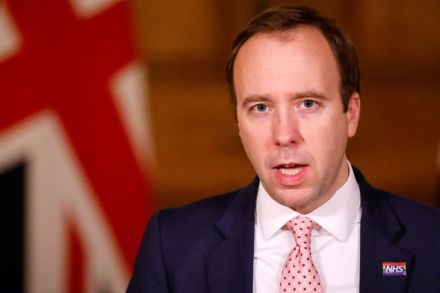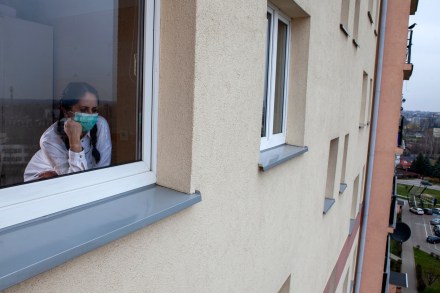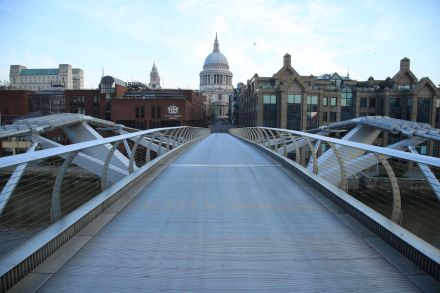Will the relaxation of the Christmas Covid rules be reversed?
The plans of the UK and devolved governments to ease restrictions over Christmas are coming under increasing criticism. Matt Hancock faced repeated questioning last night on whether this was wise given the new strain that he thinks might be behind the more rapid spread of the virus in London and the south east. This morning, the British Medical Journal and the Health Service Journal have called in a joint editorial for the government to scrap the Christmas easing entirely and ban all household mixing this Christmas. The two editors write that ‘we believe the government is about to blunder into another major error that will cost many lives. If our political




















